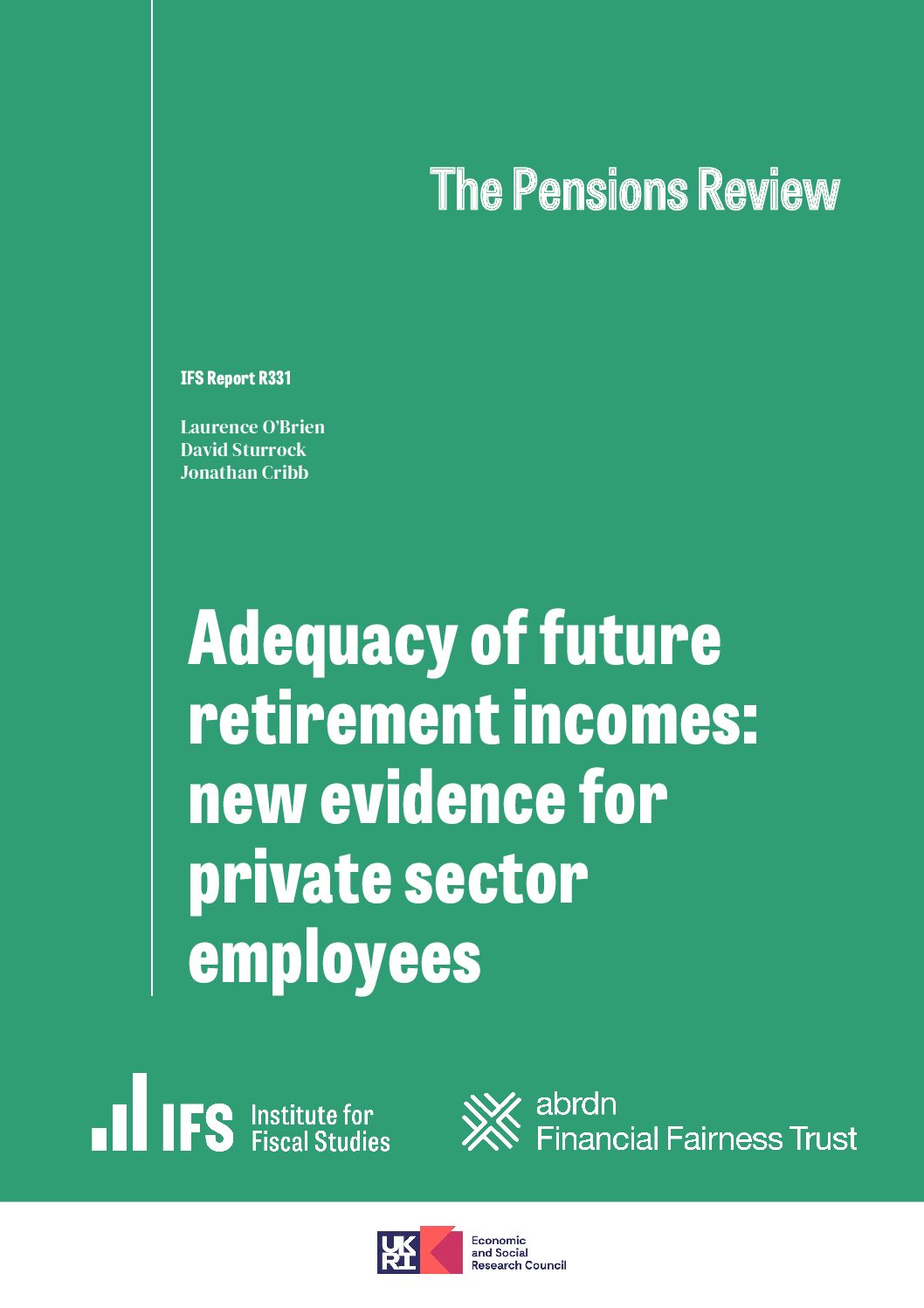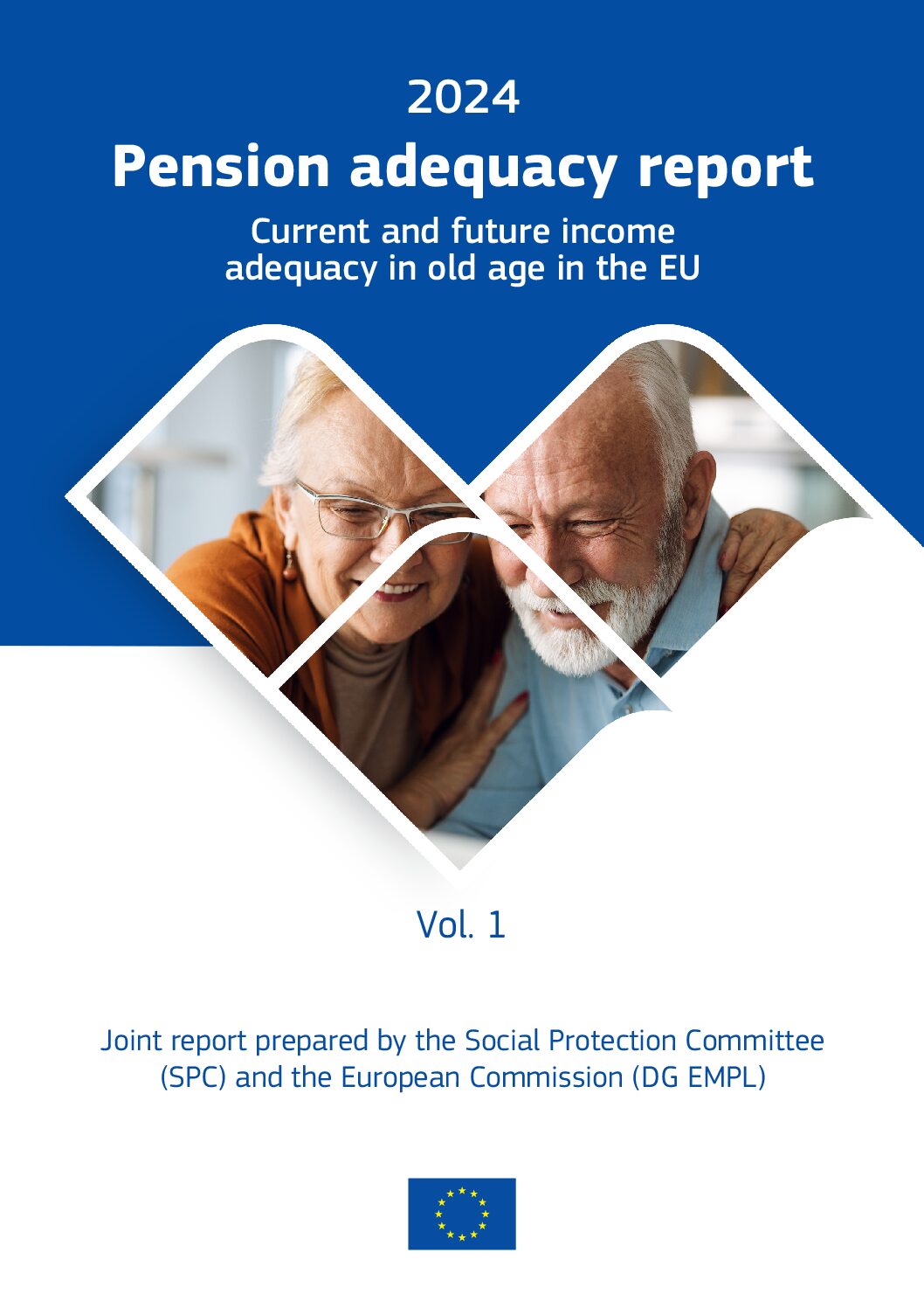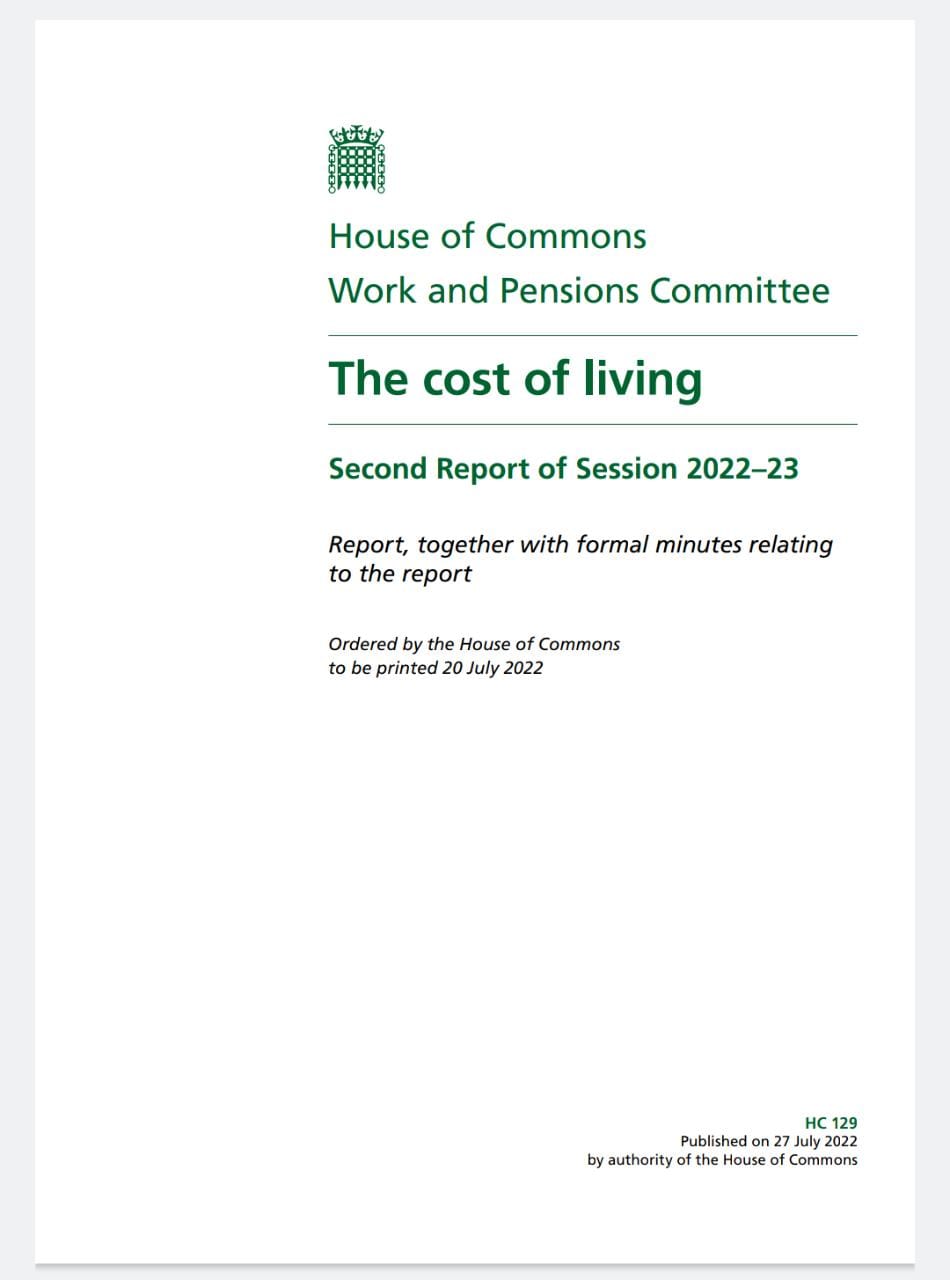Adequacy of future retirement incomes: new evidence for private sector employees
By Jonathan Cribb, Laurence O'Brien & David Sturrock This report takes a fresh look at the prospects for the future of retirement incomes for employees in the UK. Since the Pensions Commission reported around 20 years ago, much has changed in the economic and pensions policy environment. While the introduction of automatic enrolment has been in many respects a great policy success – and the level and coverage of the flat-rate component of the state pension have increased markedly – lower-than-expected...










